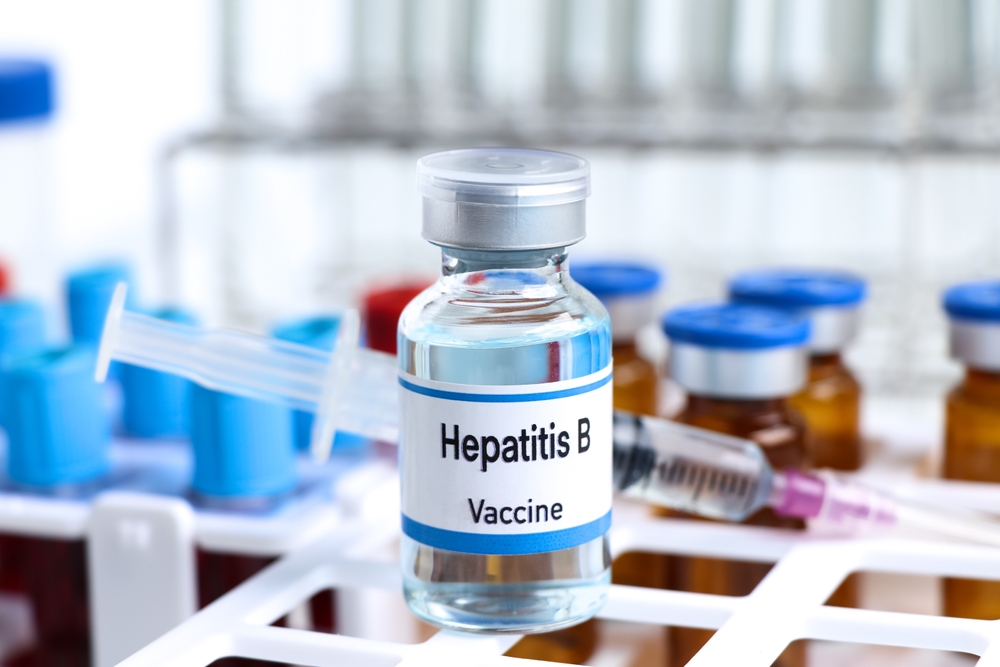The Global Alliance for Vaccines and Immunization (GAVI) has granted Ghana’s request for Hepatitis B birth dose vaccines, a huge step in combating mother-to-child transmission of the virus. The vaccines are set to arrive in September and the aim is to halt early childhood infections and strengthen the nation’s immunization framework.
For over two decades, GAVI has been instrumental in Ghana’s public health advancements, supporting the eradication of deadly childhood diseases, expanding vaccine access and improving healthcare infrastructure. As Ghana prepares to transition from GAVI’s financial assistance by 2030, the introduction of the Hepatitis B birth dose and HPV vaccines indicates progress toward self-reliant healthcare in the country.
Dr. Sania Nishtar, CEO of GAVI, lauded Ghana’s immunization achievements during a media briefing, noting the country’s consistent vaccination coverage exceeding 95% for critical antigens. “Ghana’s introduction of 13 vaccines into routine programs exemplifies its commitment; we look forward to supporting the rollout to tackle cervical cancer and chronic liver disease,” she stated, confirming the approval of the new vaccines.
The Health Minister of Ghana, Kwabena Mintah Akandoh highlighted the vaccines’ role in addressing pressing health challenges, emphasizing the government efforts to sustain immunization programs post-GAVI. Recent measures include the removal of the National Health Insurance Levy (NHIL) cap and a 13% increase in the 2025 health budget.
The country’s Finance Ministry seeks to secure dedicated vaccine budgets, though Minister Akandoh stressed the need for ongoing advocacy to maintain momentum.
Hepatitis B remains a grave concern, with 2.8 million Ghanaians affected and approximately 14,000 annual deaths linked to the virus. Chronic infections disproportionately impact adults aged 30–54, while 12% of cases involve children under 18. The birth dose vaccine is poised to disrupt transmission cycles, offering hope for future generations.
As Ghana aims to achieve health independence, the dual introduction of life-saving vaccines reflects a broader vision: a resilient, self-sufficient immunization program capable of shielding its population from preventable diseases.
Source: MyJoyOnline



